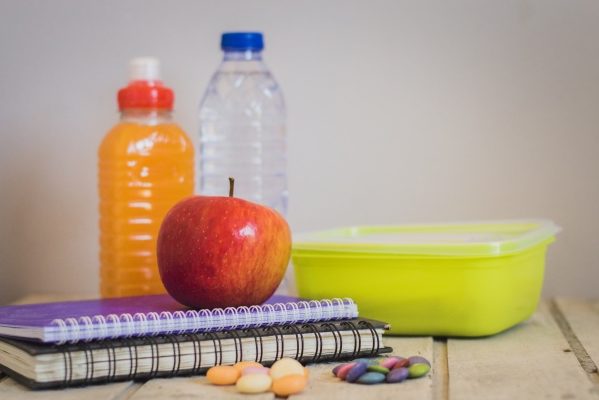News
To Rinse Or Not To Rinse Your Recyclables

Very often, it is not enough to simply divide your waste into items that can be recycled and items that cannot (which is not always so easy either). Once sorted, you may need to rinse some items before placing them into the recycling container. This brings up a common question: to rinse or not to rinse your recyclables? Will it affect the recycling process?
How do you understand if you should rinse a recyclable? Below are some quick guides from iSustain Recycling to follow:
Products Containing Soap
Are you reusing hair shampoo containers, hand soaps, dish washer cleaning agents, or laundry detergents? If so, after that there could be some soapy residue sticking to the sides of the containers. But! Don’t worry! It is not necessary to wash these containers to get rid of the soapy residue. As a matter of fact, it might benefit some recyclers if you leave the soapy residue in the container. Numerous recyclers depend on this soap to clean up the plastic products that are being processed at their centers. Therefore, washing these products prior to putting them in the recycling container might be just pointless.
Items Containing Sticky Residue
On the contrary, if a package or a container was used for any sticky product like peanut butter, you should rinse it before throwing into a recycling bin. This includes containers of icing, sauces, honey, or anything else that contains a thick, sticky substance. You don’t have to spend a lot of time making certain that every speck of the compound is eliminated prior to putting it in the bin. But, you ought to do your best to get rid of most of the sticky residue inside the container or bottle.
What If It Doesn’t Open?
Rinsing a product prior to placing it in a recycling container may not always be a choice– particularly if it is hard to take the cover or cap off of the thing, or it even doesn’t open. As an example, it’s practically impossible to rinse from within a plastic container that has inside some condiments, shampoo, or other products. If you are stuck in such a situation, just try to remove as much of the residue as possible by keeping squeezing or pressing the bottle. When you see that the product stops coming out, it’s okay to toss it in the reusing bin even if something is left inside.
Read the Label
If you cannot figure out what to do, the best way is to read the label at the product’s packaging to see if it has instructions on how to recycle it. If an item has a How2Recycle label, it will certainly tell you if the product has to be rinsed before it could be recycled. For example, it might claim “Rinse & Insert Lid” or “Rinse & Replace Lid” if the product should be washed. Items that should be emptied but do not need to be washed might claim “Empty & Discard Pump” or “Empty & Replace Cap.” If there’s no any instruction, just read our two previous guides 🙂
What happens if you fail to remember to clean out or rinse a product? It may happen that this item will end up in a landfill– even if you pit it in a recycling container. Containers that are not properly prepared for recycling are gotten rid of so they do not pollute many other recyclables at the center. For that reason, it’s exceptionally important that you comply with these rules very closely to guarantee your products can be recycled.
Still have some questions about recycling plastic, packaging or waste management? Our team of professionals at iSustain Recycling are ready to help! Just give us a call to get expert advice or any useful information you would like to know.